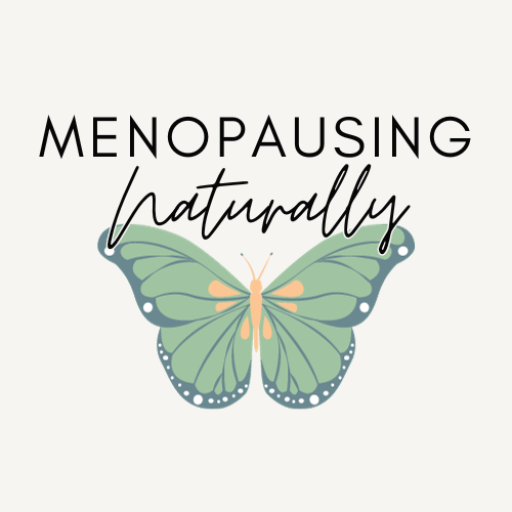Energy and Balance: Vitamin B and Its Impact on Menopause
Menopause is a natural phase in a woman’s life, marked by significant hormonal changes. These changes often bring about various physical and emotional challenges. One key aspect that plays a crucial role during this transition is maintaining energy levels and achieving a sense of balance. In this article, we will explore the impact of B vitamins on menopause, shedding light on their benefits and how they can contribute to a smoother transition.
Understanding Menopause
What is Menopause?
Menopause is a biological process that marks the end of a woman’s reproductive years. It typically occurs between the ages of 45 and 55, though the exact timing can vary.
Hormonal Changes and Their Effects
During menopause, there is a significant decline in estrogen and progesterone levels. This hormonal shift can lead to a range of symptoms, including hot flashes, mood swings, fatigue, and sleep disturbances.
The Role of B Vitamins
Importance of Vitamin B
B vitamins are a group of essential nutrients that play a vital role in various bodily functions. They are known for their energy-boosting properties and their ability to support the nervous system.
B Vitamins and Energy Levels

B12: The Energy Booster
Vitamin B12, also known as cobalamin, is a powerhouse when it comes to energy production. It plays a key role in the synthesis of red blood cells, which carry oxygen throughout the body. This, in turn, helps combat fatigue and increase overall energy levels.
B6: Regulating Hormonal Balance
Vitamin B6, or pyridoxine, is crucial for hormone regulation. It aids in the production of serotonin and dopamine, neurotransmitters that influence mood and emotional well-being. Maintaining optimal levels of B6 can help alleviate mood swings and promote emotional balance during menopause.
B Vitamins and Cognitive Function
Folate: Supporting Cognitive Health
Folate, also known as vitamin B9, is essential for brain function. It plays a key role in the production of neurotransmitters and supports cognitive processes such as memory and concentration. Ensuring an adequate intake of folate can help combat brain fog and mental fatigue often experienced during menopause.
Incorporating B Vitamins into Your Diet
Natural Food Sources
Lean Meats and Fish
Lean meats like chicken and turkey, as well as fish such as salmon and trout, are rich sources of B vitamins, particularly B12.

Leafy Greens and Legumes
Spinach, kale, and lentils are excellent plant-based sources of various B vitamins, including folate and B6.
Supplements: A Convenient Option
For those who may have difficulty obtaining sufficient B vitamins through diet alone, supplements can be a convenient and effective way to ensure optimal intake.
Conclusion
Incorporating B vitamins into your diet can have a significant impact on energy levels and overall well-being during menopause. Good nutrition is also helpful for managing hormones. From combating fatigue to supporting emotional balance and cognitive function, these essential nutrients play a vital role in navigating this transitional phase with vitality and resilience.

FAQs
1. Can I get enough B vitamins from food alone?
While it is possible to obtain B vitamins from a balanced diet, some individuals may benefit from supplements to meet their specific needs.
2. Are there any side effects associated with B vitamin supplements?
When taken in appropriate doses, B vitamin supplements are generally considered safe. However, it’s advisable to consult with a healthcare professional before starting any new supplement regimen.
3. How soon can I expect to notice improvements in my energy levels after incorporating B vitamins?
Individual responses may vary, but many people report feeling increased energy and vitality within a few weeks of consistent supplementation.
4. Are there any interactions between B vitamins and medications?
Some medications may interfere with the absorption or utilization of certain B vitamins. It’s essential to discuss any potential interactions with your healthcare provider.
5. Can B vitamins help with other symptoms of menopause, such as hot flashes?
While B vitamins primarily support energy levels and emotional well-being, they can indirectly contribute to an overall sense of balance, which may help alleviate some menopausal symptoms, including hot flashes.








One Comment